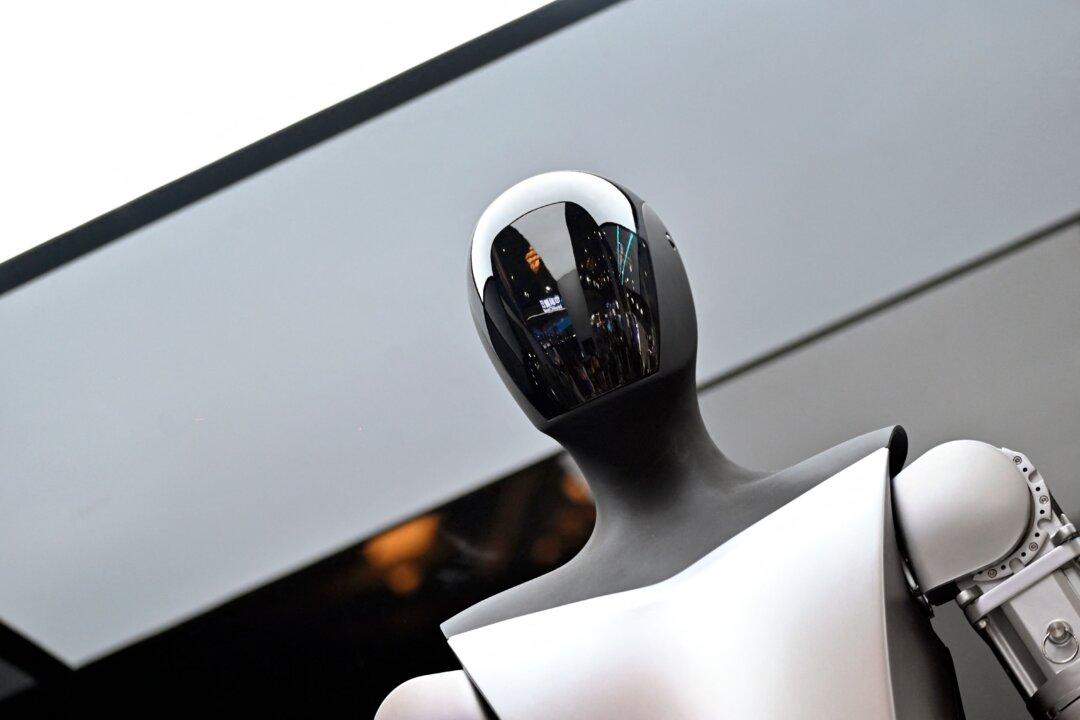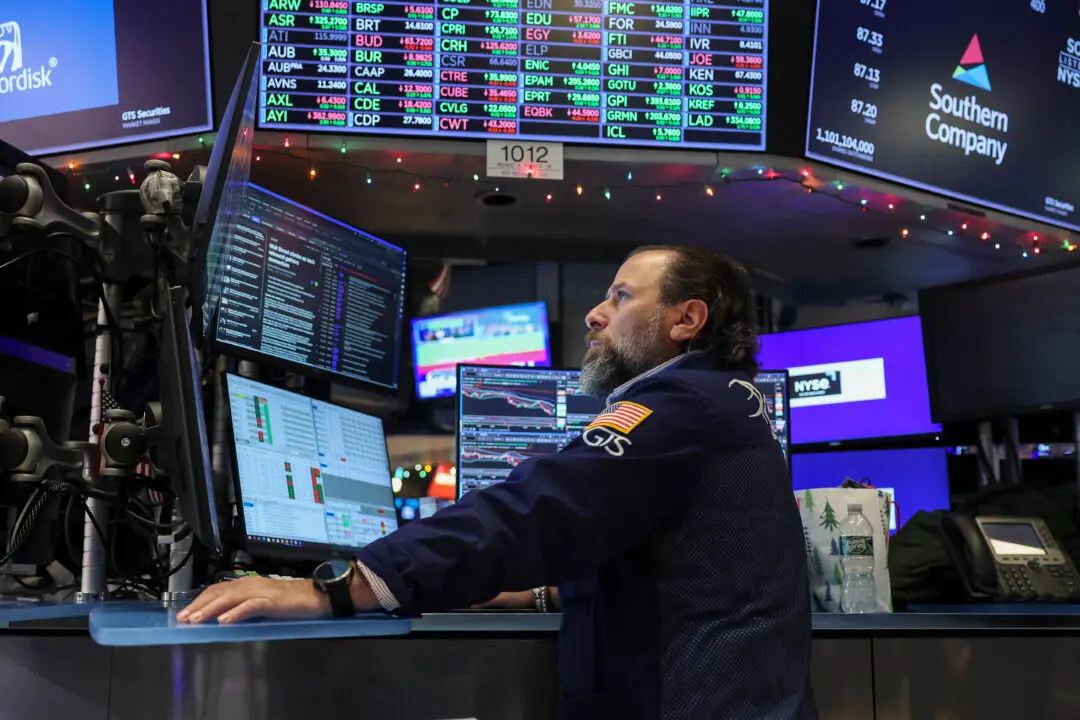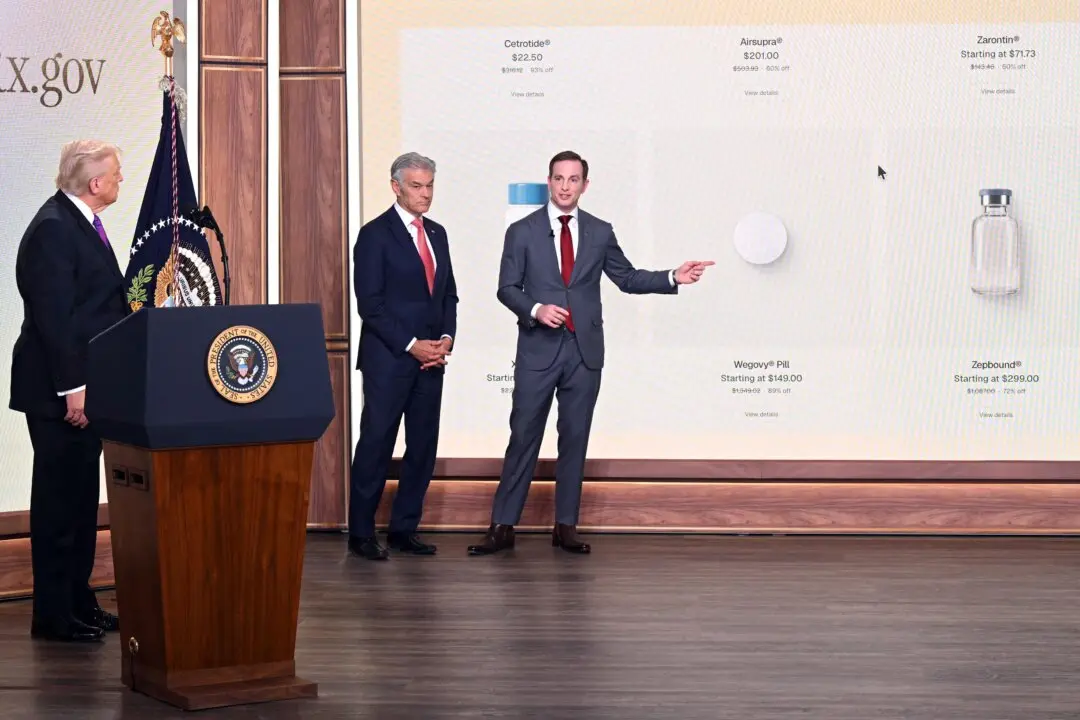With several prominent machine learning experts warning about potential threats to humanity if artificial intelligence technologies are allowed to develop without comprehensive oversight, a California lawmaker recently introduced legislation that would regulate the industry.
Senate Bill 1047, authored by state Sen. Scott Wiener, would require the largest AI developers to comply with pre-deployment testing and cybersecurity protection standards.





